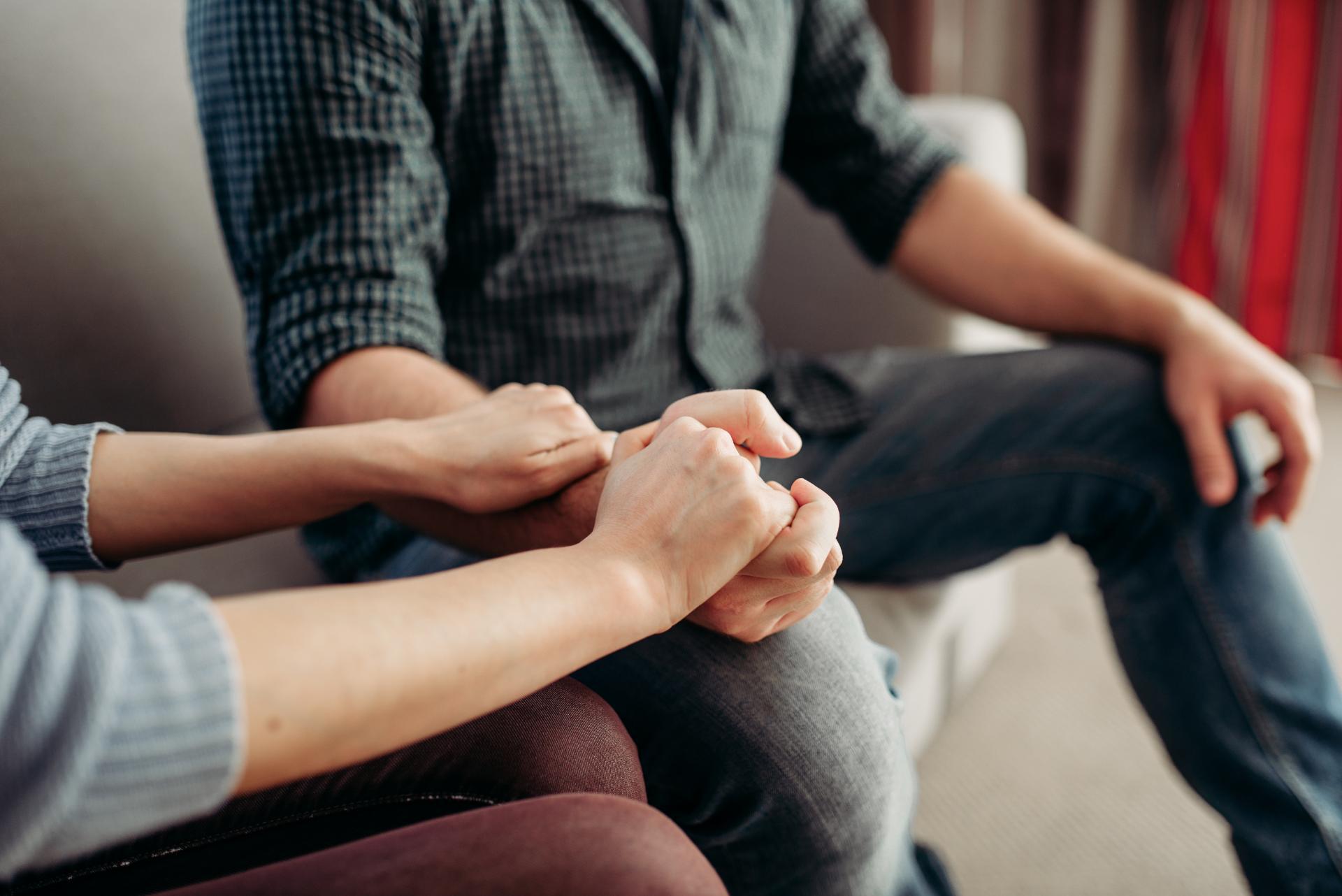Quitting a substance is only a small part of recovery. If the underlying triggers aren’t addressed and the substances aren’t replaced with healthy alternatives, it can be incredibly hard to avoid relapse. At our rehab in Agoura Hills, CA, we take a holistic, whole-person approach to treating trauma and addiction. This includes helping every client develop effective coping skills for the best chance of success.
Mastering a strong set of healthy coping skills is important to moving forward from traumatic experiences and achieving lasting, sustainable sobriety. Whether you’re facing a tragic loss, a frustrating workday, or peer pressure from old contacts, being able to cope without drugs and alcohol is critical.

What Are Coping Skills?
As humans facing all kinds of experiences, we naturally develop ways to soothe ourselves and cope with distress. Unfortunately, the coping strategies we develop on our own aren’t always healthy or helpful. Good coping skills are things that a person can do to manage distress safely and positively. Without them, it can be easy to slip back into old thought patterns and substance abuse.
Coping skills are a perfect complement to other evidence-based behavioral therapies like cognitive behavioral therapy (CBT), dialectical behavior therapy (DBT), and trauma therapy. At Del Arroyo Recovery Center, our specialized experts teach clients real-world skills to resist substances, withstand stress, cope with trauma, and manage conditions like anxiety, depression, and post-traumatic stress disorder (PTSD).
We personalize every treatment plan and help each person develop the skills they need most. We also strive to create a supportive, nurturing environment where they can heal and practice what they’ve learned.
The Role of Coping Skills in Addiction Recovery
Healthy coping mechanisms are a core part of relapse prevention and emotional stability.
Mastering good coping skills has real benefits, such as:
- A greater sense of control
- Healthier, more fulfilling relationships with loved ones
- Relapse prevention
- Greater self-esteem
- Better stress management
- Improved mental health
- Clarity and peace of mind
- A sense of independence
These coping mechanisms give clients real-world tools to navigate drug and alcohol cravings, emotions, and triggers in both residential inpatient and outpatient treatment programs. These are key to a holistic approach that promotes long-term healing from substance abuse. They also help clients successfully repair bonds with family members and other loved ones.


Coping Skills We Teach at Our Agoura Hills Drug Rehab
In our Los Angeles coping skills training, we teach strategies that people from all walks of life can use to handle all kinds of situations. We use evidence-based practices and real-life scenarios in training to help clients truly understand the skills and how to integrate them into their daily lives.
Some of the coping mechanisms we teach during addiction treatment include:
- Dealing with problems head-on rather than avoiding them
- Managing stress and anxiety with breath techniques (deep breathing, box breathing)
- Channeling energy into a healthy outlet like a hobby or sport
- Maintaining basic physical wellness
- Practicing appropriate self-care
- Building a safe support network and social circle (aided by group therapy)
- Developing emotional regulation to manage intense feelings without alcohol or drugs
- Grounding exercises, mindfulness, meditation, journaling, and positive self-talk
At Del Arroyo Recovery Center in Los Angeles, CA, we take a well-rounded, humanistic therapy approach that seeks to improve the whole person, not just eliminate the addiction. Each of the skills we teach in our inpatient and outpatient programs contributes to overall wellness and makes it easier to make positive long-term changes.
How Coping Skills Help Manage Triggers and Cravings
Coping skills offer immediate tools to manage emotional triggers and prevent relapse. Practicing mindfulness helps people recognize cravings early and respond with intention, not impulse. By identifying triggers in individual therapy and using calming techniques like grounding or breathing, drug rehab clients learn how to stay present and make healthier choices.
Staying sober is about more than detox — it’s about mastering how to live without substance use. Coping skills build emotional regulation and help manage ongoing mental health struggles like anxiety or depression. With regular practice and support, these skills become second nature, helping individuals maintain balance throughout their recovery journey.
At our addiction treatment center in Agoura Hills, CA, we make it easy for clients to incorporate coping mechanisms into daily life. Whether in residential treatment or outpatient treatment, clients learn how to build daily habits that support their mental health. Aftercare and support groups help maintain these routines, so recovery continues after addiction treatment ends.


Empower Your Recovery Journey with Coping Skills at Our California Rehab
Healthy coping skills are critical for anyone struggling with addiction. They reduce the risk of relapse, improve mental health, and provide a path to lasting recovery.
The first step toward a better future is reaching out for professional help. In our holistic therapy programs, you can break free from addiction and learn new coping patterns for a healthy life. If you or a loved one needs help, contact our addiction treatment center today to learn how our outpatient programs, residential treatment, and support groups can help.
